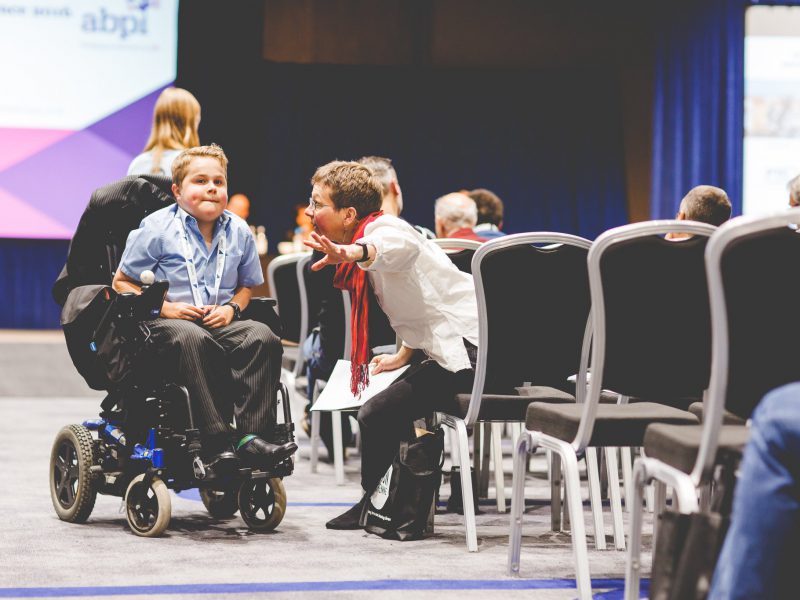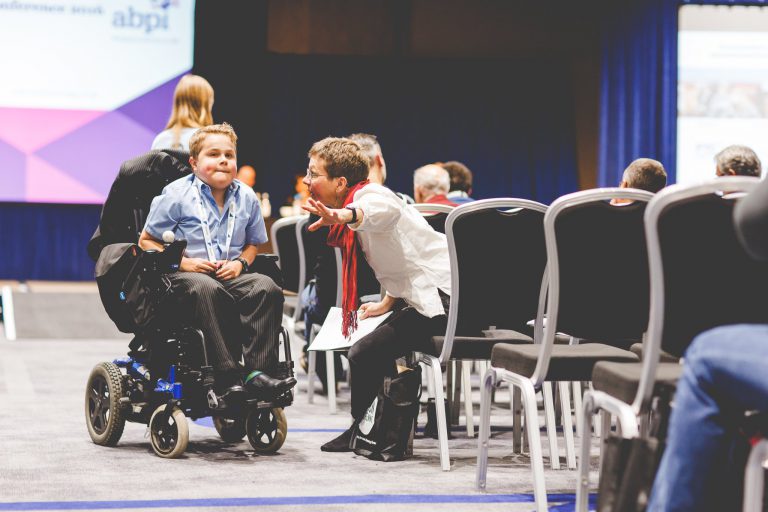Article by Kathy Wedell, mother of Isaac who was 13 in April 2017 when the article was written. Kathy played a leading role in the campaign for Translarna to be approved by NICE.
In 2008 our family was devastated by our 4-year-old son Isaac’s diagnosis with Duchenne muscular dystrophy. We found out about Ataluren (translarna) shortly after diagnosis and then waited five years before Isaac was able to take part in the Phase 3 trial. It was an agonising wait, watching our son deteriorate and fearing that he would lose ambulation. Other families had this same experience in 2015 and 16 waiting for NICE’s decision. Finally Isaac started on the trial and we later learned that he had been on the active drug during the trial’s placebo-controlled period. The results have been every parent’s hope: aged 13 he is still walking, he has good stamina, good upper body strength, and good hand strength.
In terms of daily life this means:
-
Independence in basic self-care such as getting dressed and going to the toilet.
-
Not having all the physical problems associated with being a full-time wheelchair user, such as pressure sores.
-
The health benefits of increased cardiovascular fitness from daily movement and exercise.
-
Independence in a thousand daily actions such as reaching for things.
-
Being able to develop his talents. Isaac is a passionate and talented cook. He also loves drawing, painting, and costume design.
-
Having the energy to get out and do things normal for a 13 year old, such as after-school clubs, meeting up with friends, visits, trips, and activities, instead of being simply too tired.
-
Being able to visit friends in their houses
-
Not being dependent on family and carers for basic mobility and daily tasks, which is fundamentally important for the mental health of a teenager.
-
As a parent not having to help Isaac with every basic task, like taking him to the toilet or picking things up from the floor. This level of care would put a huge strain on our family, both in terms of relationships and work. There is a real risk of marital breakdown, mental health issues, not being able to work, and financial struggle.



 Action Duchenne Funding Gene Therapy to Advance Treatments for Duchenne
Action Duchenne Funding Gene Therapy to Advance Treatments for Duchenne
